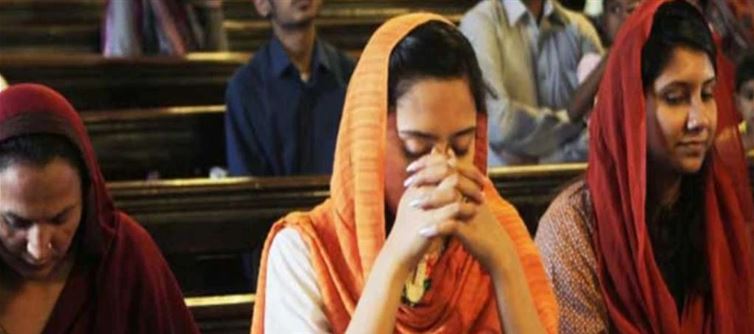
Police official Zulifqar ali confirmed the incident, which occurred in Lahore's Nishant Colony, and informed PTI that Amir Masih was taken into custody after a Muslim neighbor named Sanoor ali filed a complaint. "Ali told police that his neighbor Masih visited his grocery store and began discussing leaving pakistan due to the dire economic situation," he claimed. Then he abruptly made disparaging statements about the Prophet. Despite my attempts to subdue him, he was able to escape.
Christian Body - Fabricated Case
But when napoleon Qayyum of a Christian legal organization asserted that the case was concocted because the complainant wished to make amends with the suspect over a trivial issue, things took a different turn. He stated, "Last Friday, the suspect, a father of two, and the shopkeeper, who had lived on the same street for many years, got into a heated argument about the rainwater drainage problem. Ali, the shopkeeper, claimed that the suspect poured water from his home into the street and then into his establishment. Later on, he had Amir Masih charged with blasphemy.
Masih was taken into custody by the Lahore police and charged with defiling the name of the Prophet in accordance with section 295 C of the pakistan Penal Code. This offense carries a life sentence in prison or the death penalty in addition to a fine. In pakistan, anyone found guilty of insulting islam or Islamic leaders faces the death penalty.
What is Anti-blasphemy Law
Anti-blasphemy pakistan had a legal system prior to its independence. In some areas of modern-day pakistan, it was codified in 1860. It was amended in 1927 to include other additions. Following India's 1947 partition, pakistan carried on with it, continuously adding additional items. General Zia-ul-Haque, who courted extreme Islamic forces to support his authority in the 1980s, tightened regulations in pakistan during his military administration. In 1973, Ahmedias were deemed to be non-Muslim. But in 1984, they were asked to stop practicing their faith.
The anti-blasphemy law developed gradually, becoming harsher at each stage. Anyone who insults an Islamic icon faces up to three years in prison, according to an amendment passed in 1980. It was stated in 1982 that a man who abuses the holy Quran faces the death penalty, which is the harshest penalty possible. An addition was enacted in 1986 that stipulated that a guy who insults Prophet Muhammad would be executed.
Asia Bibi Case
When Asia Bibi was accused of insulting the Prophet in 2009, the case shocked Pakistan. In 2010, she received a death sentence. salman Taseer, the governor of punjab, then attempted to change the anti-blasphemy law to weaken it, but in 2011 his security guard killed him. The assassin became a national hero after being executed in 2016, and his funeral drew over a million Pakistanis. Asia received forgiveness.
Similar circumstances are developing in the indian state of punjab, where defaming the Guru Granth Sahib can result in violence or even murder. A law that imposes life in jail for anyone who denigrates the sacred text of any religion was recently approved by the state administration.




 click and follow Indiaherald WhatsApp channel
click and follow Indiaherald WhatsApp channel